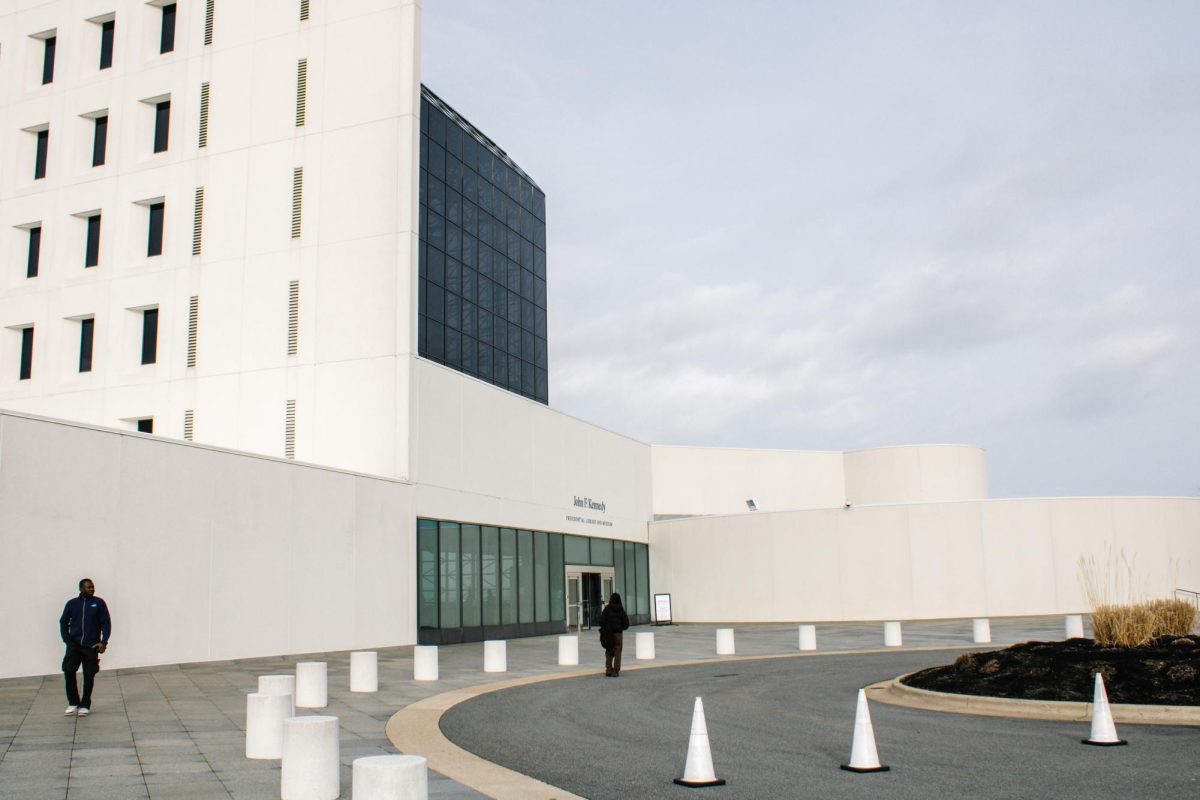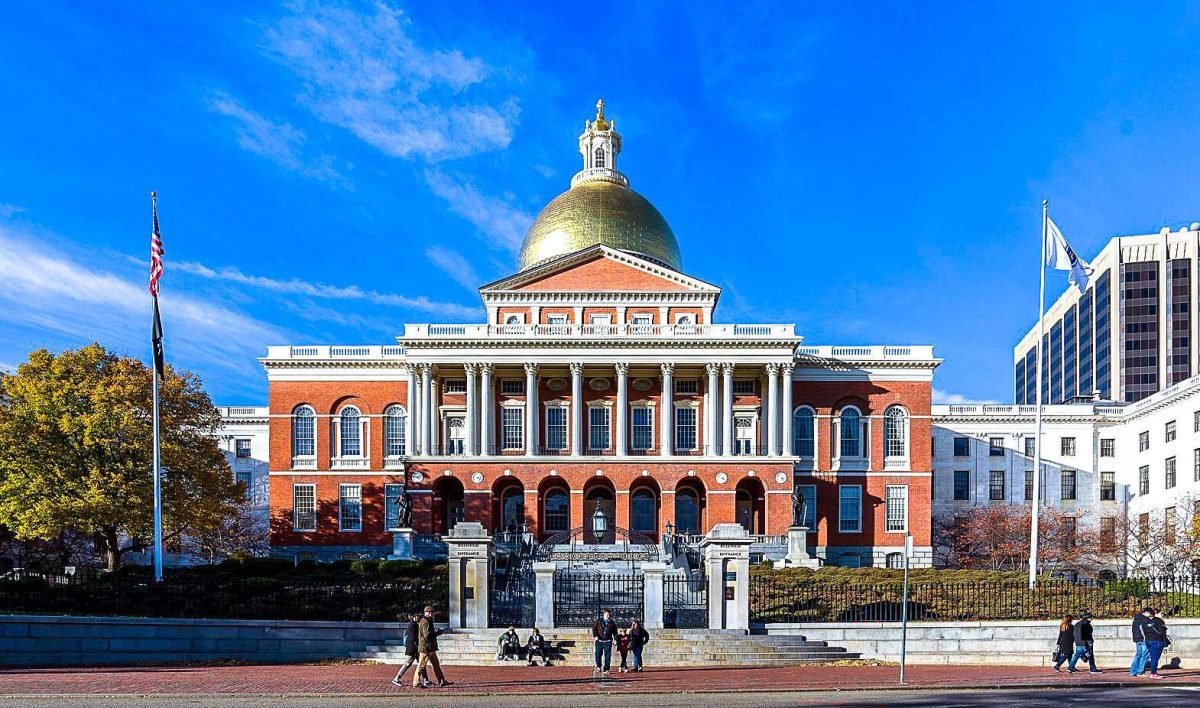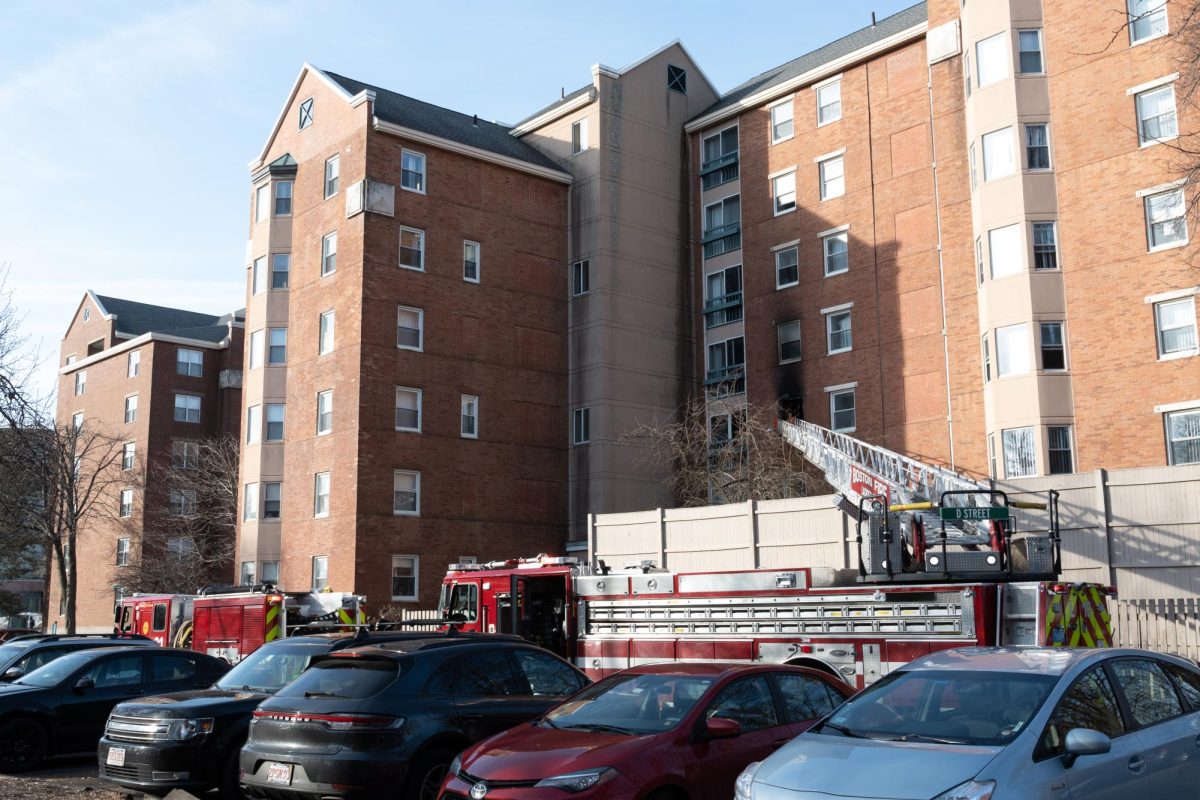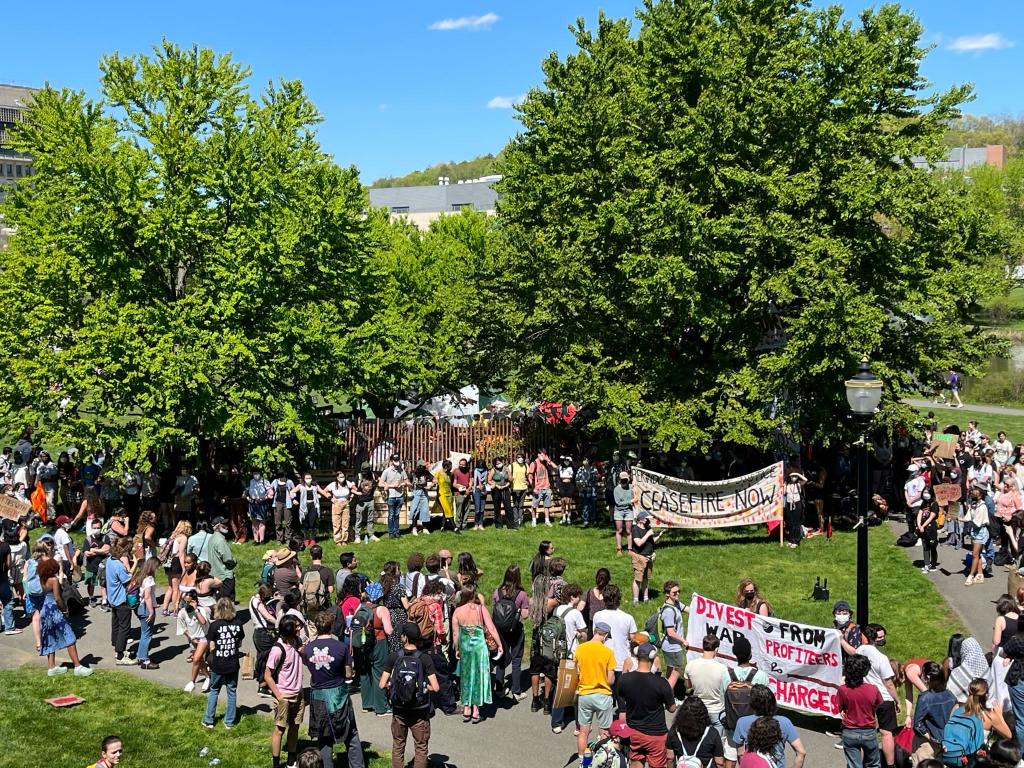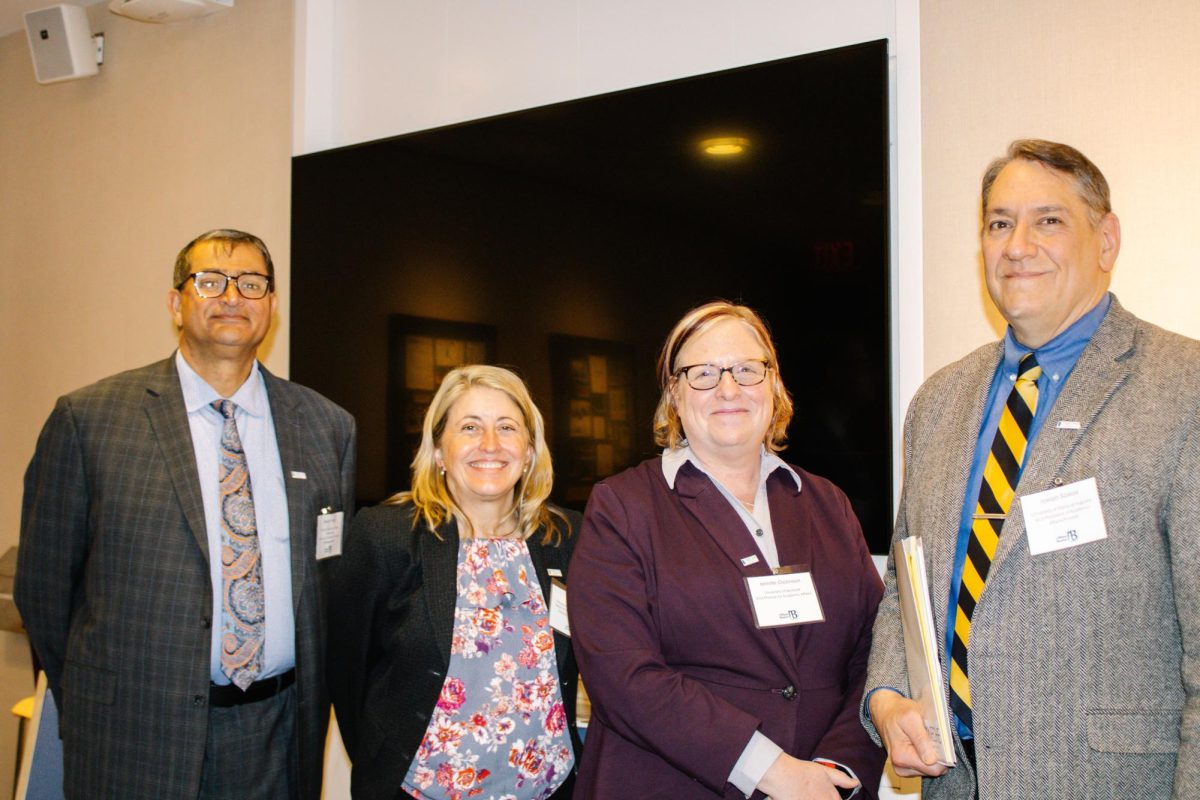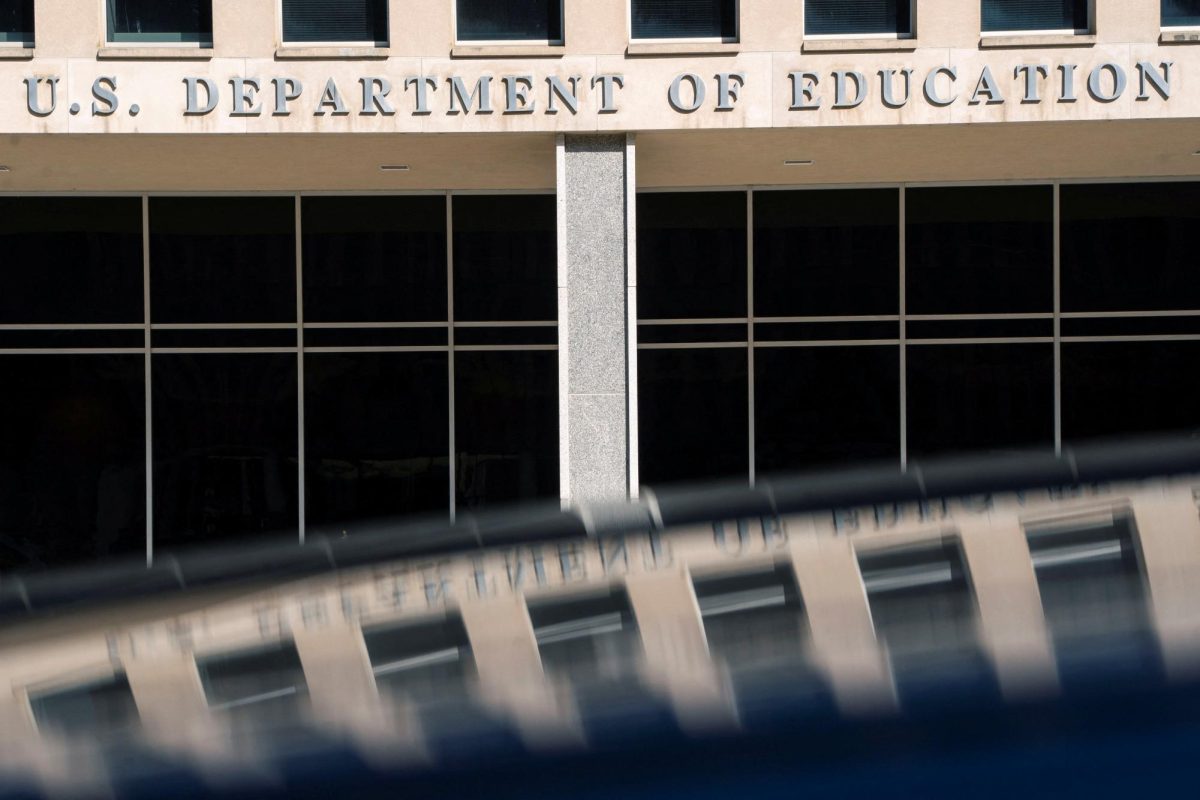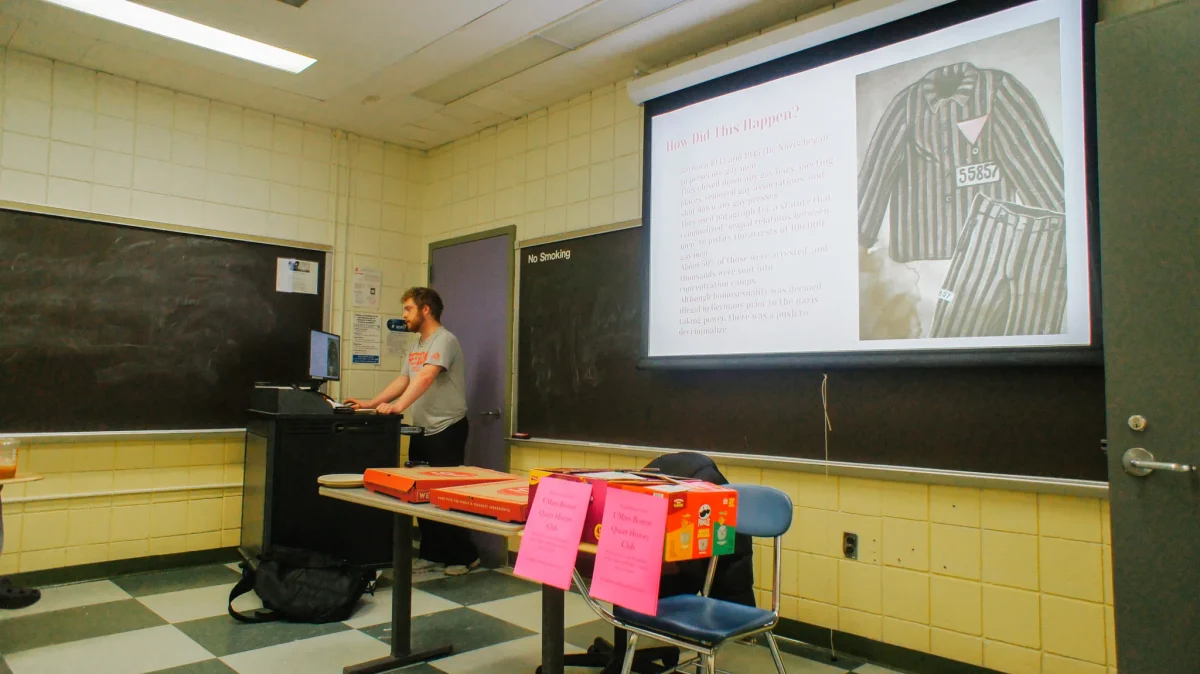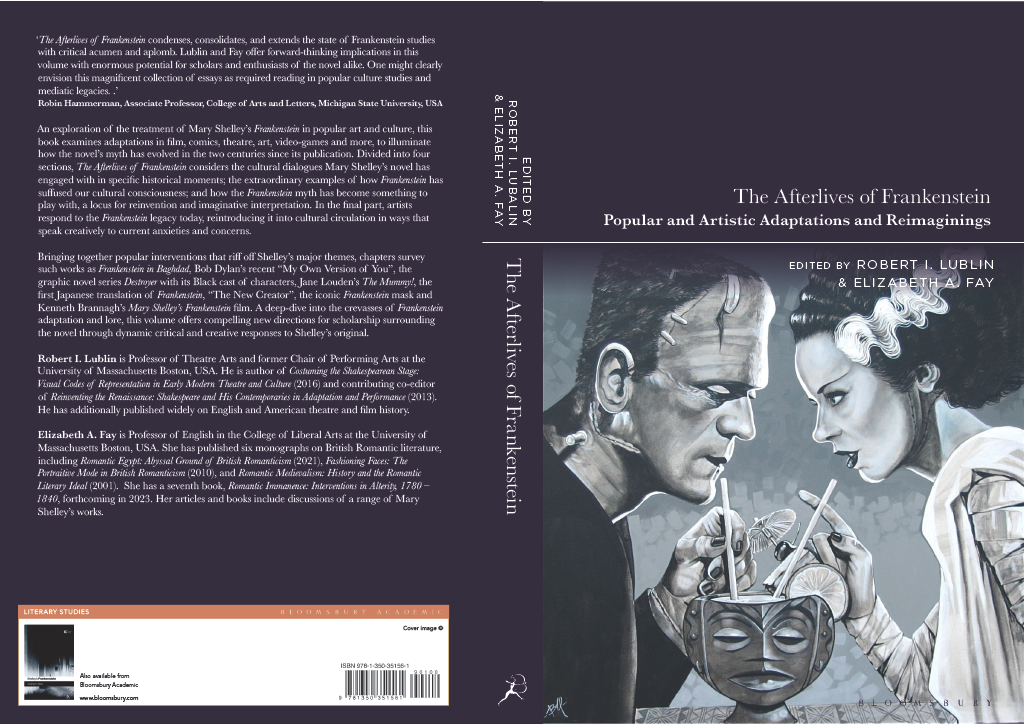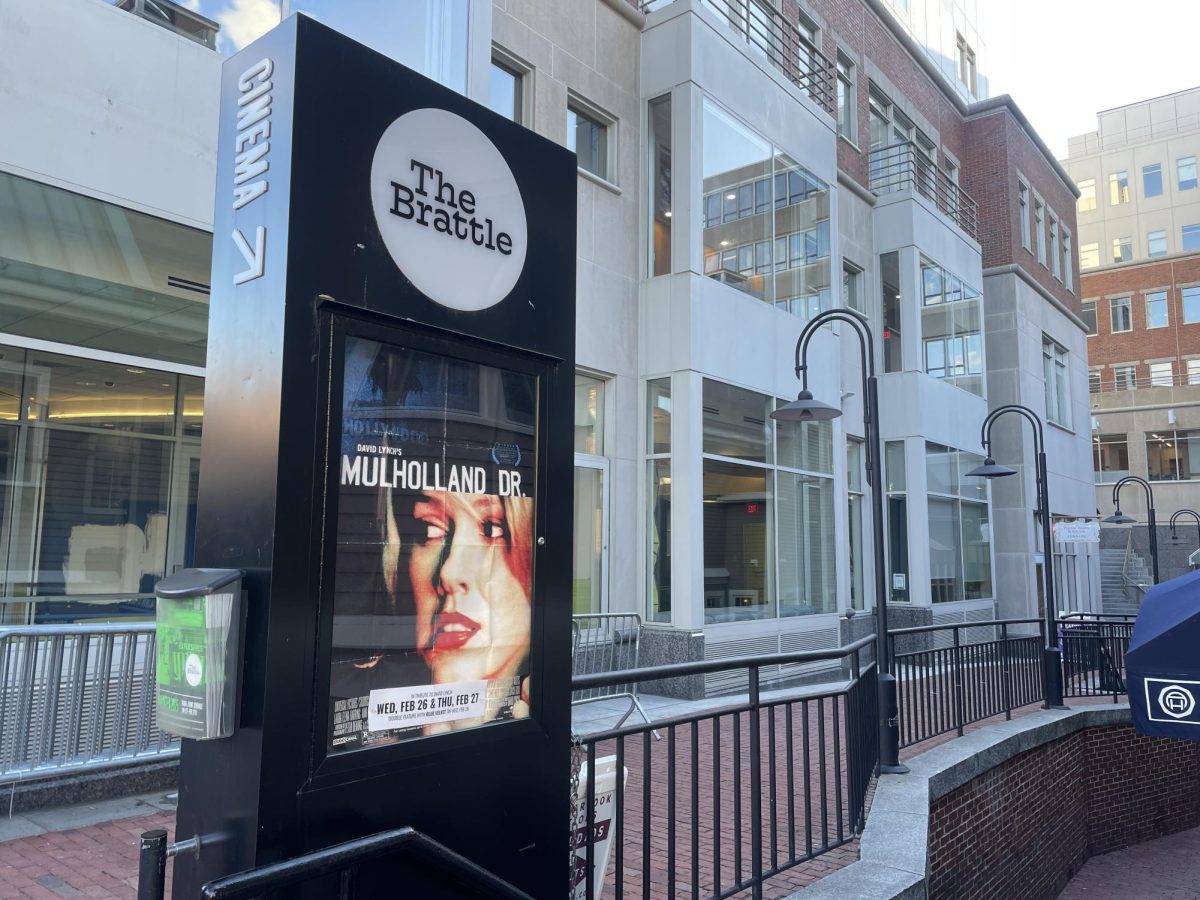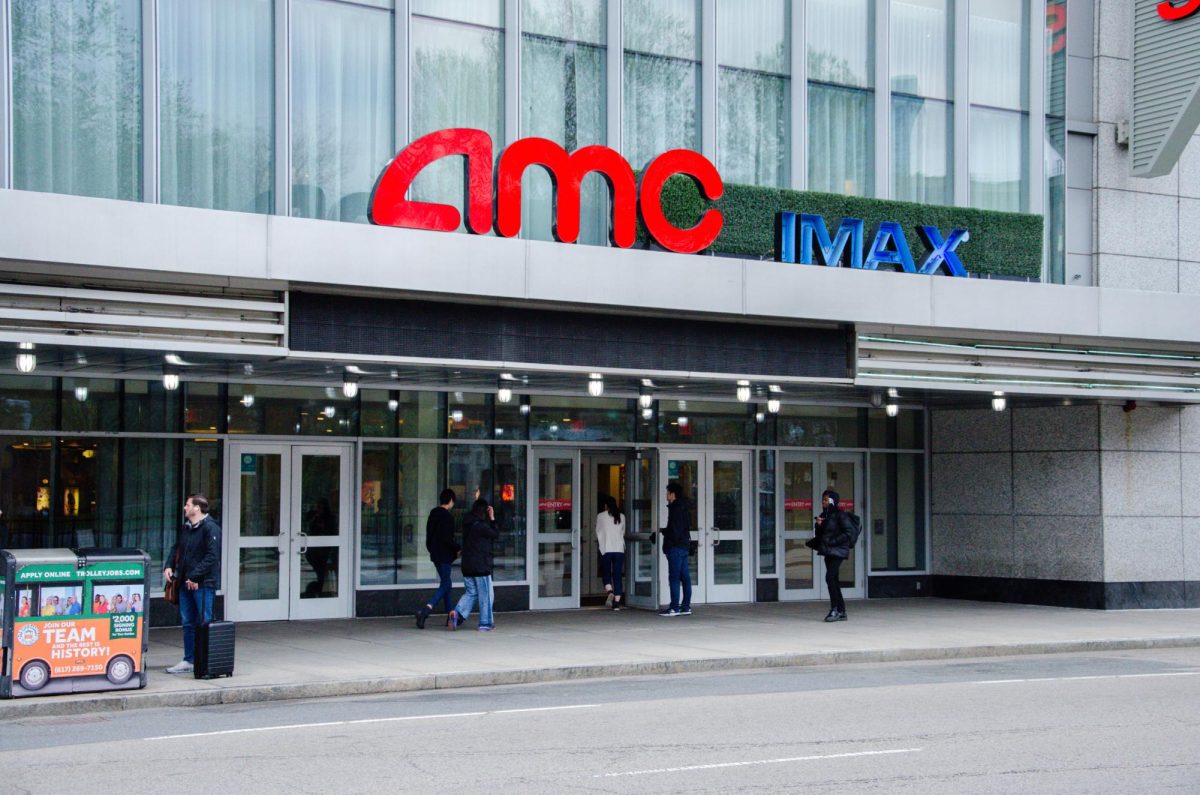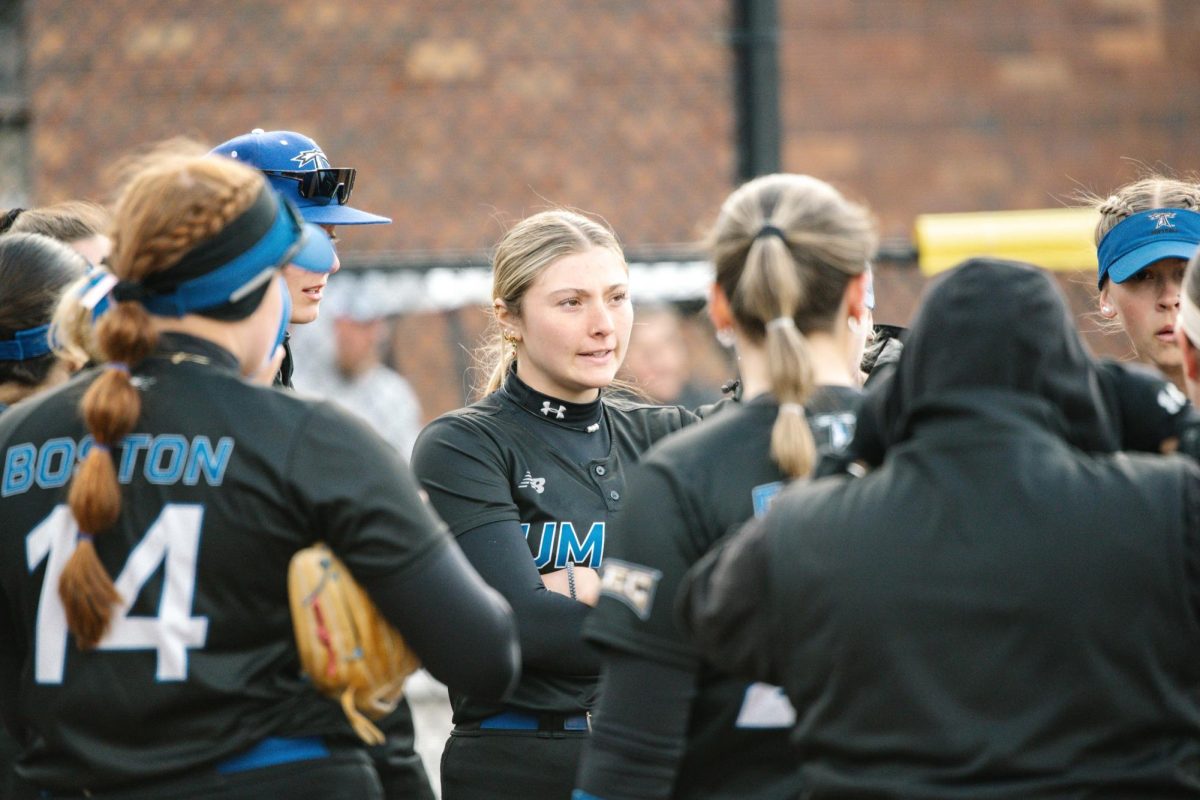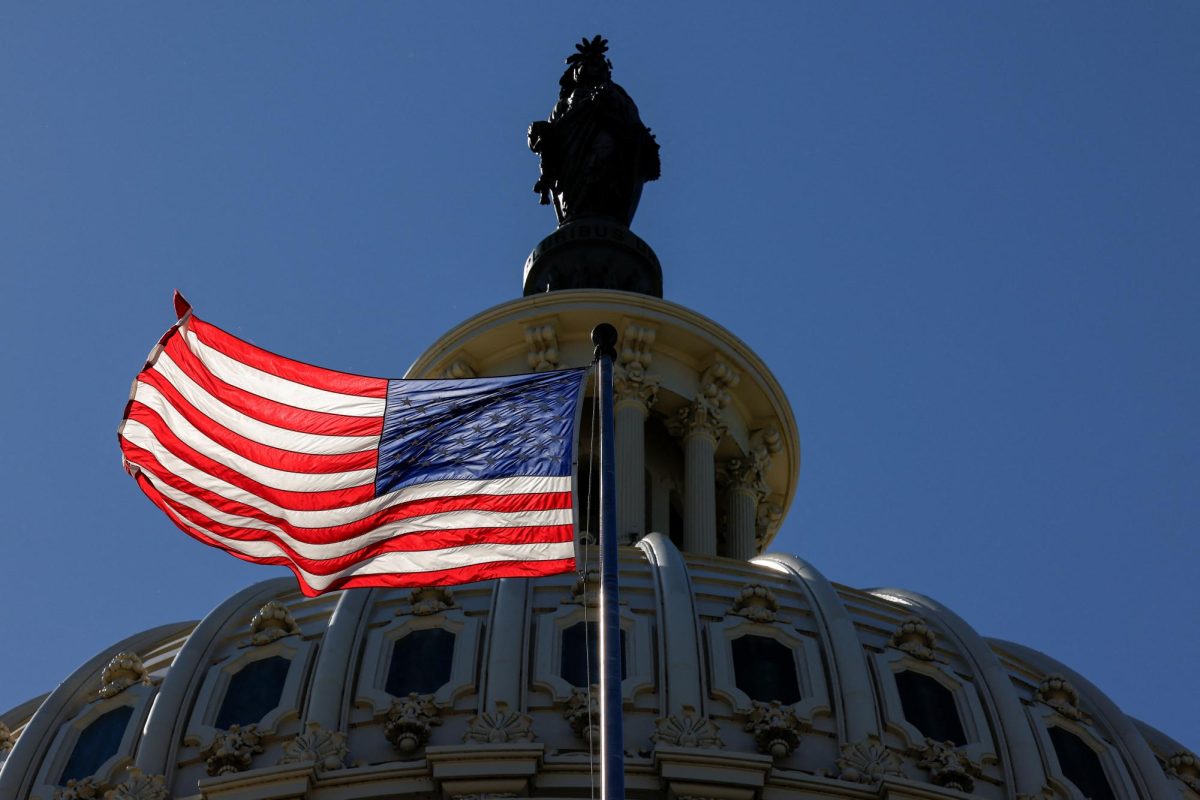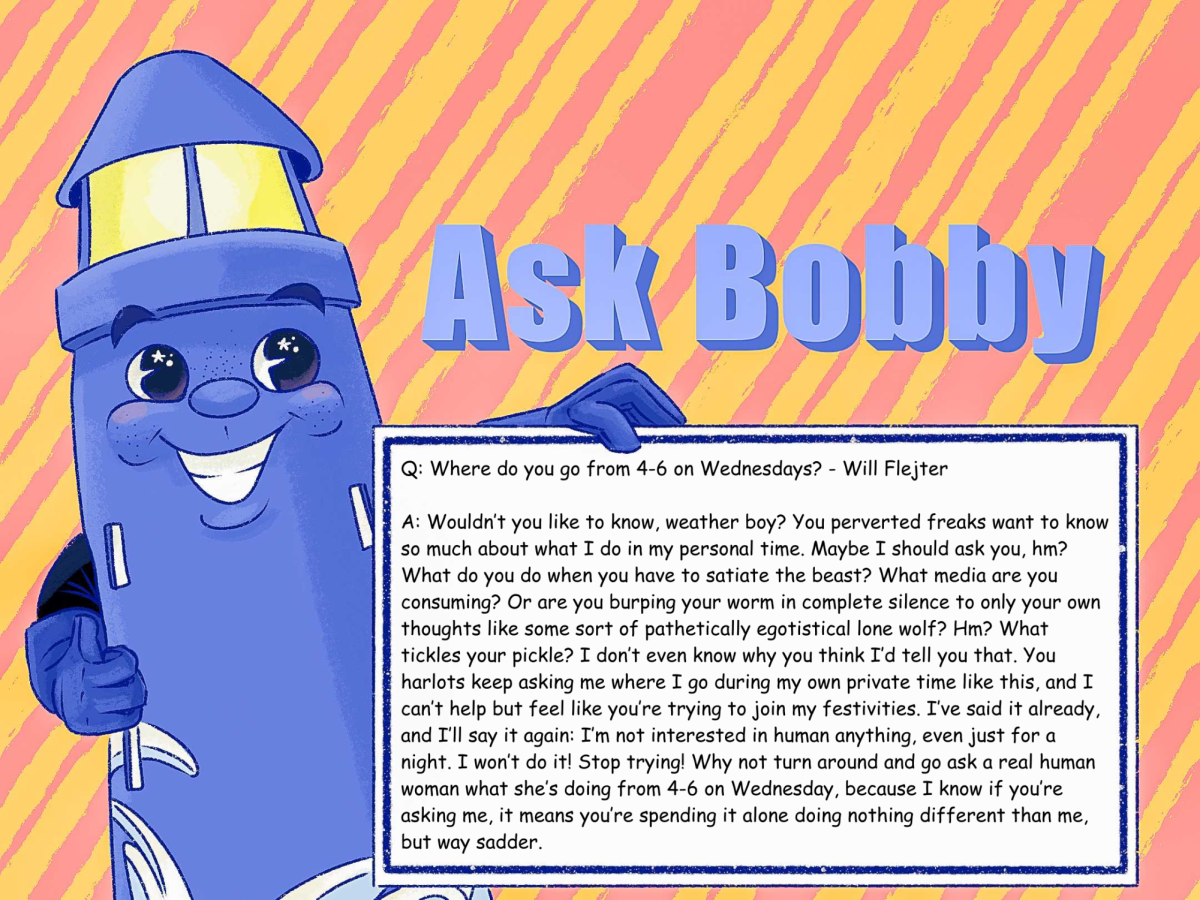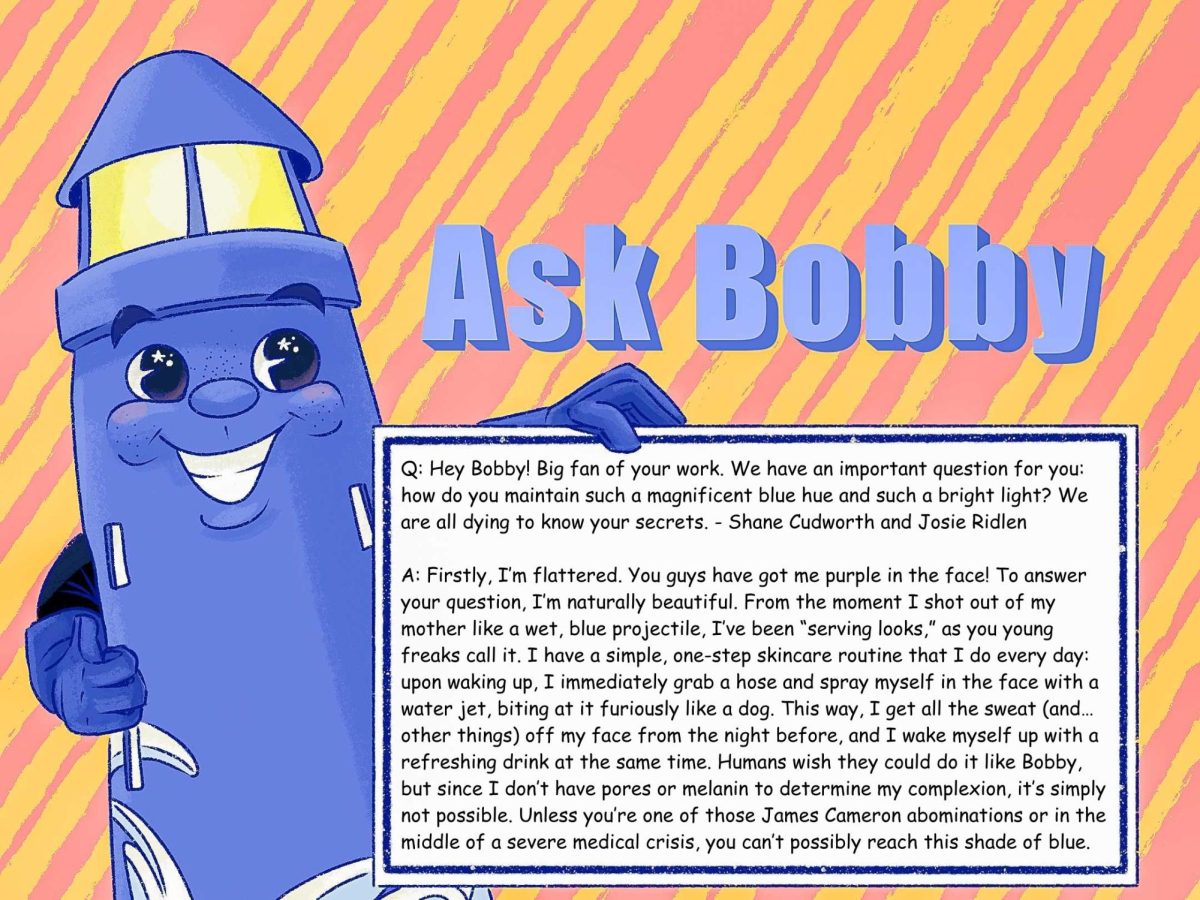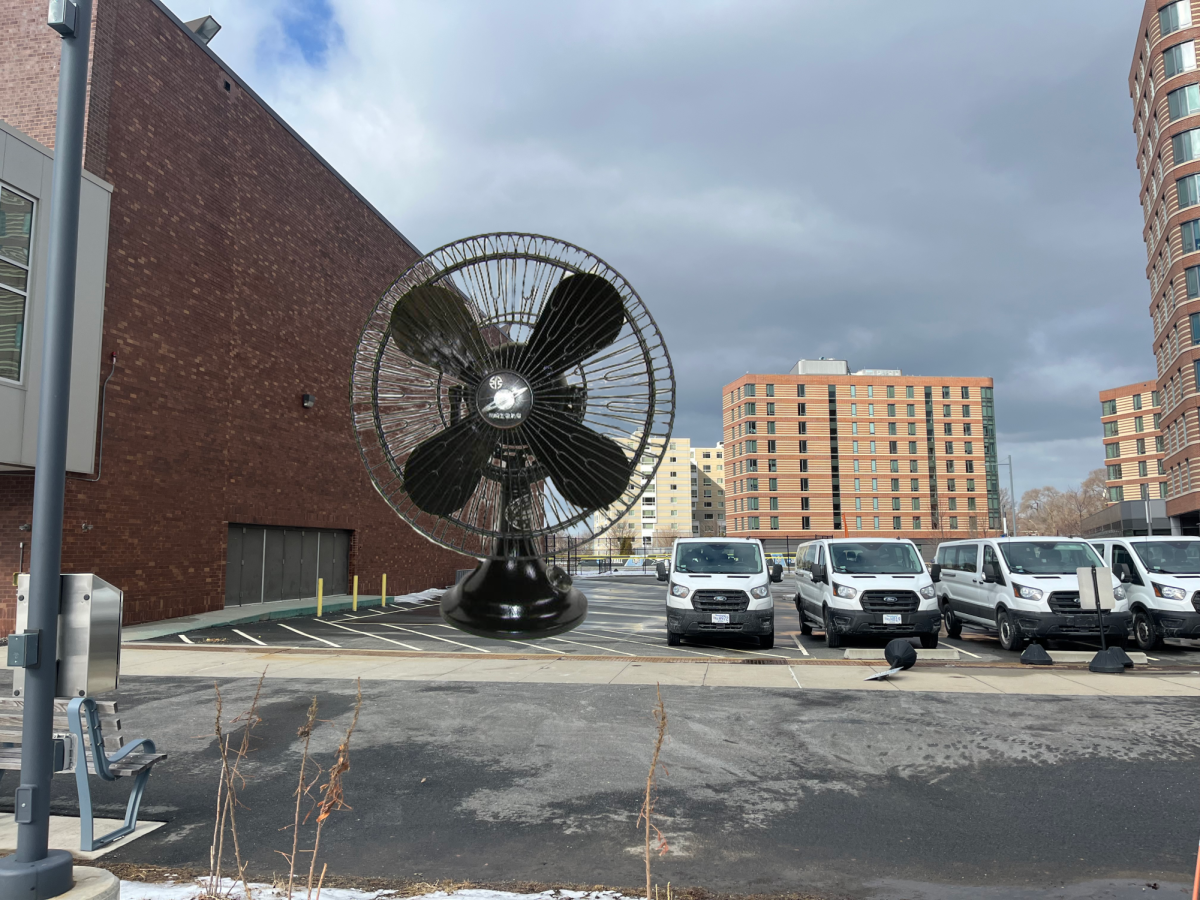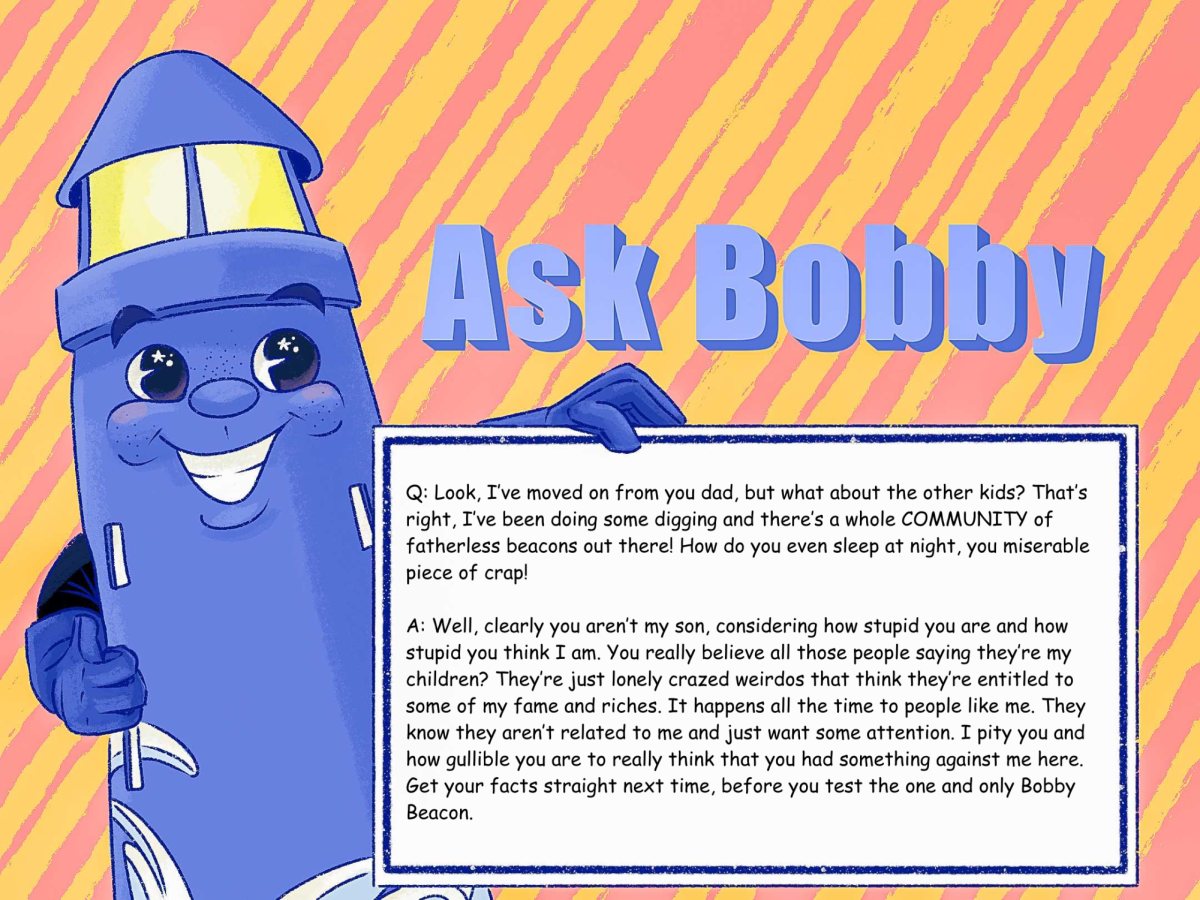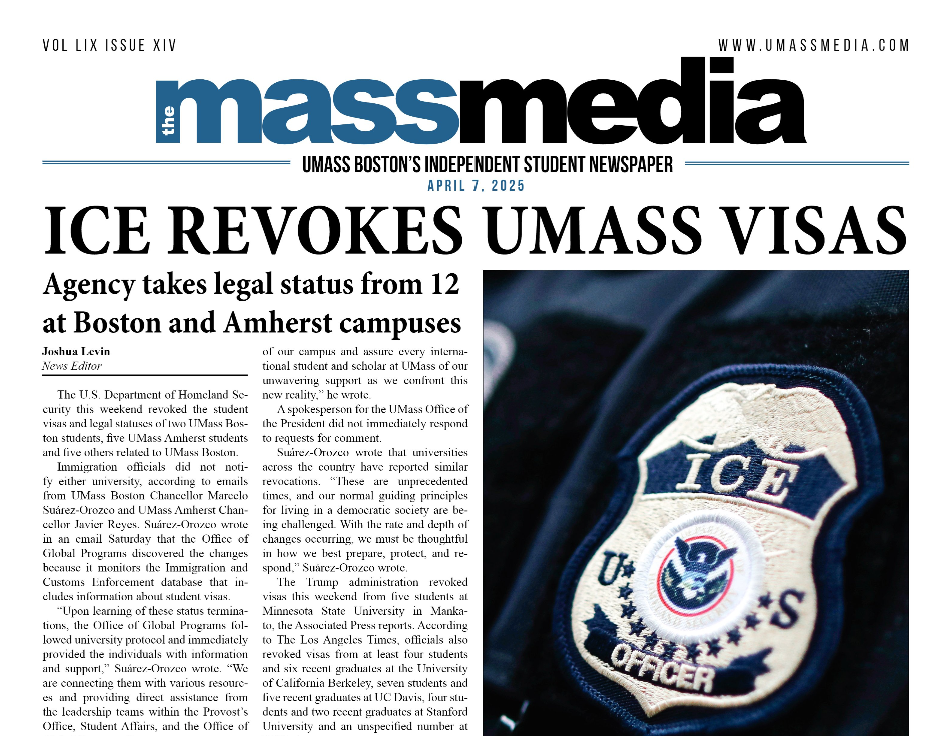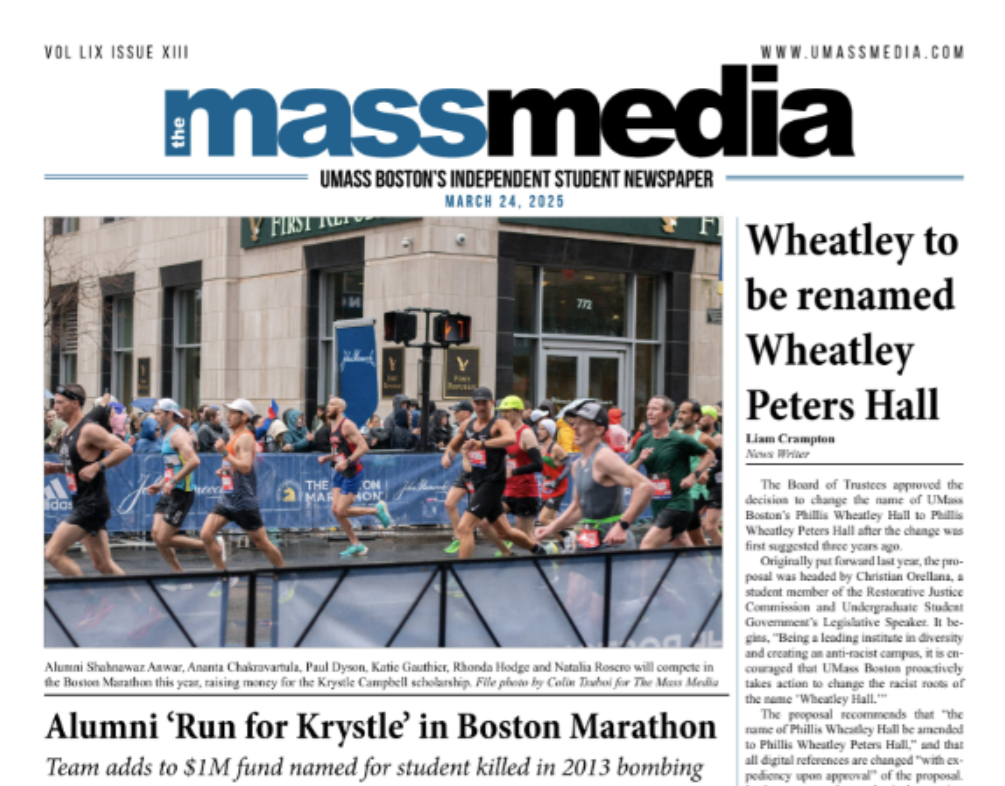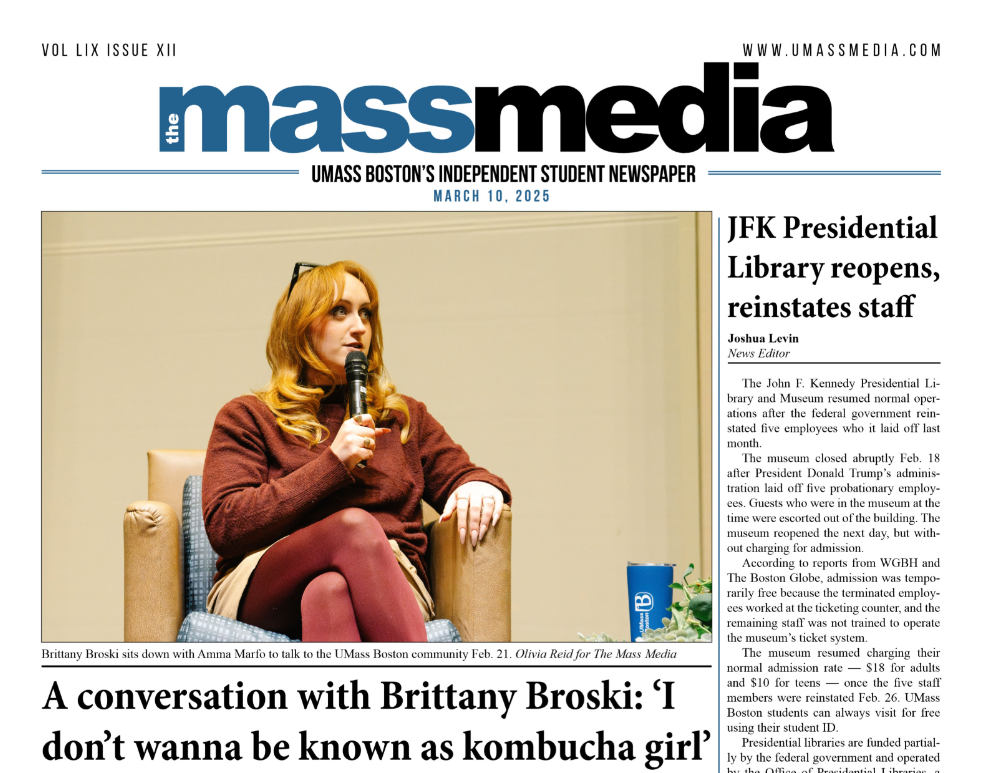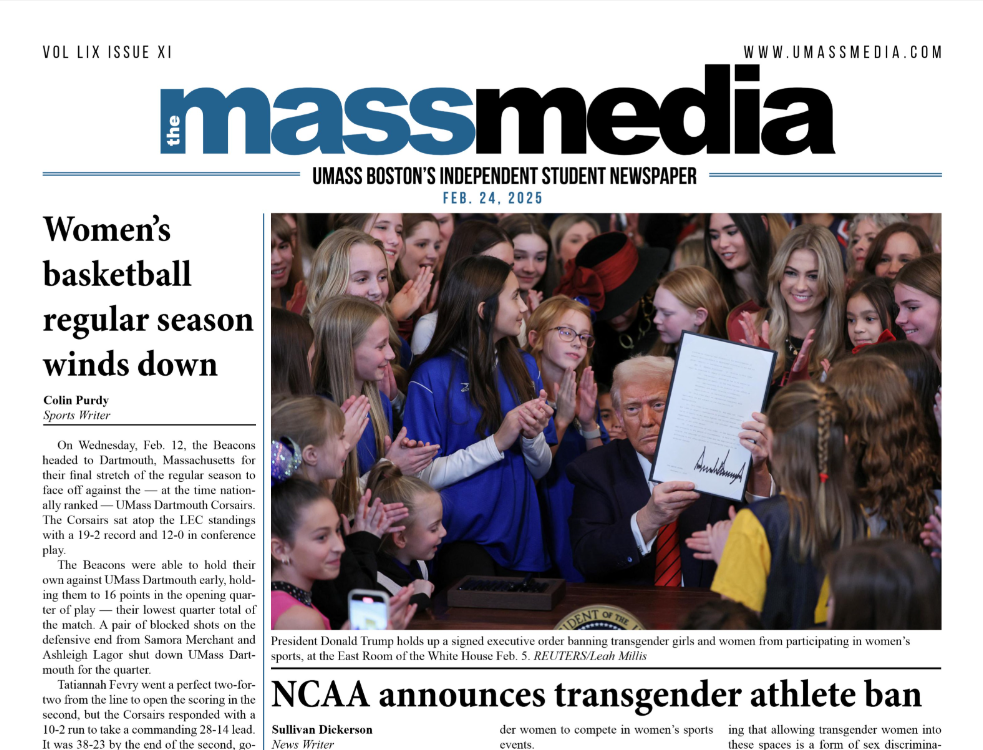Seventy-Four Professors Accept Early Retirement Incentive
August 15, 2002
According to UMass Boston’s website, the faculty to student ratio for the university was 15:1 for the 2001-2002 academic year. But with the changes which have taken place over the summer that number could rise higher when the fall semester arrives. The Center for Institutional Research at the university is unable to calculate just how much the ratio will change come September, since enrollment for new students is open until August 16, but rest assured, it will be different.
Why? Remember the early retirement incentive offered to faculty and staff of UMass? Well, seventy-four professors accepted the incentive and opted for retirement. Some professors were already going to leave before the plan was approved and offered, but that number was less than ten. The average number of faculty retirements in a given year is somewhere between 12 and 15 professors.
The incentive program gave professors the option to tweak their statistics to meet the requirements for retirement. Normally, to be considered eligible to retire, a faculty member must have at least 20 years of creditable service at any age or 10 years of creditable service if age 55 or older. Years of service at Boston State, the school absorbed by UMass Boston when the harbor campus was built, also count toward years of service at UMB.
The bill allowing for this incentive, signed by Acting Governor Jane Swift on December 31, 2001, allowed professors an additional five years of age or five years of creditable service, or some combination not exceeding five years, as an incentive to retire earlier. So for example, a professor who had ten years of service, but was only 50 years old could magically become 55 years old and thus become eligible to retire and receive a higher percentage of their annual income in retirement than they would have without the incentive program.
A cross-referencing chart is used to determine how much money faculty and staff will receive in retirement, with the maximum at 80% of their annual income. This incentive increased the number of professors and staff close to, or in, the 80% range than would have received that amount without this program.
The early retirement incentive extended to include staff members at the university as well. The loss of staff coupled with the loss of faculty could lead to a higher workload for all faculty. Where there was once an administrative assistant, copyright office, copy center, etc. there may no longer be such help. So, in addition to a higher course load for some professors, other work necessary for their courses, which used to be done with the aid of an assistant, could now fall solely on professors’ shoulders.
Some of the professors who are leaving the university have been at UMass since the birth of the harbor campus or even before, when it was still Boston State. Although many in the administration are optimistic about acquiring new faculty, it is admitted that the university is losing valuable teachers.
“Sometimes getting new blood isn’t a bad thing,” Anita Miller, assistant vice chancellor commented in a recent conversation regarding faculty retirements. “We also lost some institutional memory,” Miller said.
The university will not leave all of those faculty gaps unfilled. By the time the fall semester begins, thirty-seven new professors will join the ranks at UMB. Twenty-five of the new hires are full-time tenure track positions and twelve are part-time lecturers.
One issue of concern in regards to this retirement program is an increase in part-time faculty. However, Anita Miller offered an optimistic view of the university hiring part-time faculty.
Miller explained that the increase in part-time faculty at UMB has benefits for the university by allowing more flexibility. When a professor is hired part-time as a lecturer, their contract with UMass is renewed each year. That way if the relationship between the university and the professor doesn’t work out, then the university is not bound to that professor.
However, one foreseeable drawback to part-time as opposed to full-time faculty is that part-timers receive a significantly lower salary per course than full-timers. In order to make ends meet, part-time professors may not be able to commit as much time to the courses they teach at each institution. A situation which is not necessarily a result of a given lecturer’s lack of commitment to any given institution, but simply a result of the fact that they often have to shuffle between more than one institution, or other job, in order to make their living.
Earlier this year, Chancellor Jo Ann Gora discussed the early retirement program with The Mass Media. “There’s no more mandatory retirement age and that means that you have a lot of folks preparing for professions, for which there are limited slots, limited availability, so, the bright side of what’s going on is that we’re going to be able to give a lot of young PhDs opportunities that might have been denied them if there weren’t an early retirement program because we will be hiring young people who have gotten their degrees, and who are eager to work and eager to start a university career and so this will be a wonderful opportunity for them,” Gora said.
“So, we will be losing some real treasures, some people who have made wonderful contributions to the university, but we’ll be able to hire some good people who will also make significant contributions,” the chancellor added.
But with the ongoing state budget concerns in Massachusetts and the economy in a slump, were there less people applying for replacement positions?
According to Miller, “The average number of people applying for the positions did not change.” To which she later added, “Next year, I think we’re going to see it go down.” That’s because most of the searches for these positions began before things were at their worst in terms of the state budget. But now, the problem of our state’s finances is well-known and public higher education has been especially hard-hit. Similar retirement incentives in the past have not always saved the university money.
0The fatal flaw in early retirement incentives is the fact that the university is not able to guarantee who is going to retire, their salary, or their replacement’s salary. For example, a College of Management professor who started teaching here twenty years ago may have spent their entire academic career rising to a salary, which is now the entry level salary for that same position.
According to the provost’s office it looks as though this round of retirements will, fare well for the university’s finances because the university is not rehiring immediately to fill all the empty positions right away. “Rumors are that there will be another [early retirement incentive program]. No one knows when,” Miller said.






